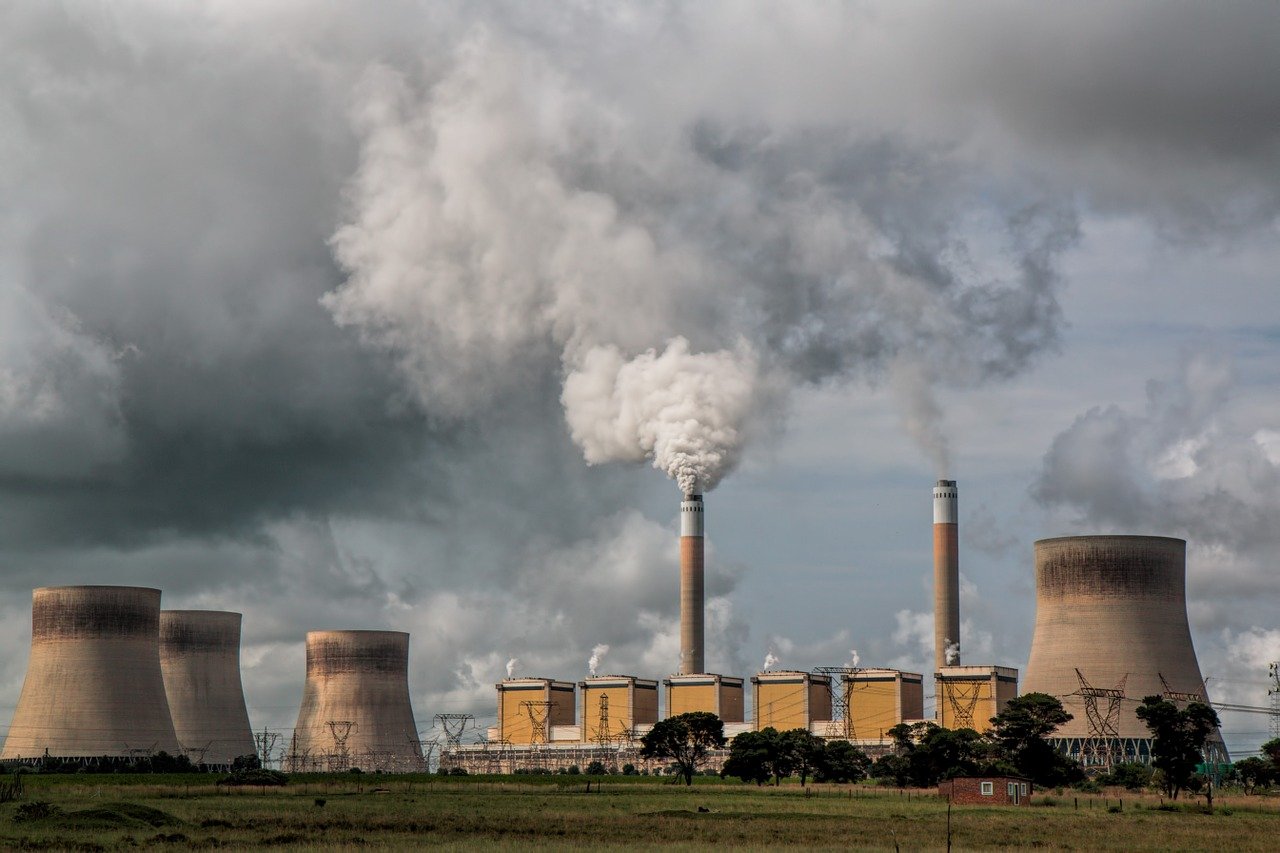-

Does the current viral pandemic shorten the stages in industry life cycles?
Thu Feb 25 2021. 4 min readThe current global Covid-19 pandemic has affected basically everything in the world in one way or another. It should come as no surprise that business cycles have been hugely impacted, as have economies, business processes, and the way we live. To call the year 2020 “disruptive” is putting it mildly.
So how does this change things like industry life cycles? McKinsey had this to say:
“First up in the next normal: ‘revenge shopping’ as many consumers open their wallets for goods and services they’ve done without recently. Other trends to ponder—none traditionally associated with recessions—include startling growth in the number of new businesses, an incredible rise in productivity, permanent changes in consumer behavior, and the ‘bio revolution,’ which may soon create different mechanisms of production for 60 percent of the global economy’s physical inputs. … Executives in Europe, North America, and developing markets report concerns more acute than others did; those in Europe, for example, remain especially worried about unemployment. But even these respondents are less downbeat than they were in the previous quarter. Looking ahead, the respondents’ expectations for their home economies are increasingly positive: 61 percent say global economic conditions will be better six months from now, up from 51 percent in mid-October.”
For an example of what a shortened industry life cycle would look like, consider the Covid vaccine. Normally it takes years to release a vaccine against a new virus. The first vaccinations started roughly 12 months after the cases were being reported in Wuhan.
People are going to want consumers’ attention in the new normal, and what better way to keep that attention by giving them what they want faster? Our tech-saturated world means we’re accustomed to instant or near-instant gratification. It will be enlightening to see how those trends translate to consumer goods and other products in both the short and long term.
